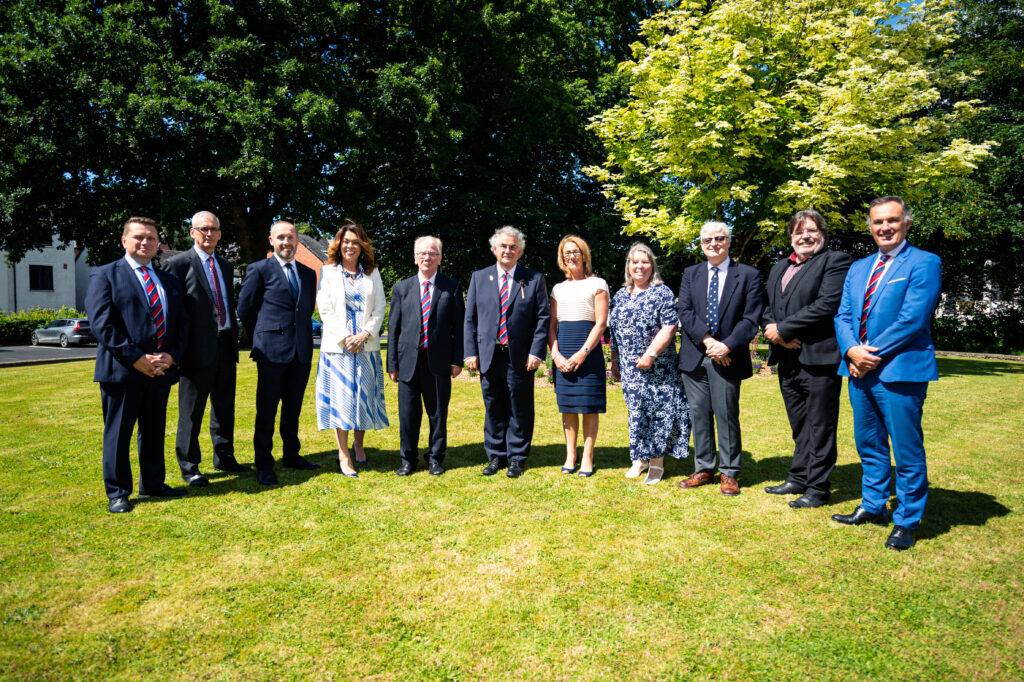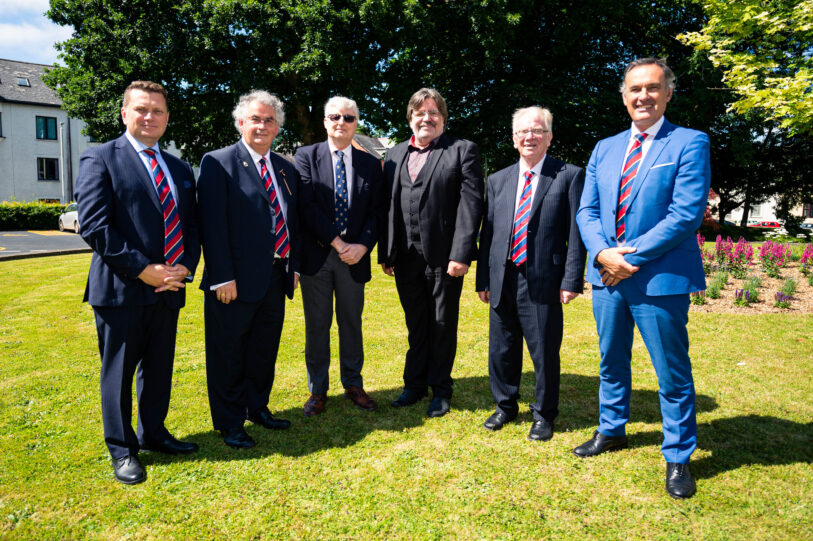
The formation of a network of Technical University Institutes bringing together higher and further education has taken a step closer to becoming a reality as the University of Wales, UWTSD, and leading Further Education colleges enter a new partnership. The Technical University Institutes will deliver a programme of higher technical qualifications across economic and social priority sectors and will be driven by employer need.
The institutes will form part of a new confederal university structure made possible by the Royal Charter of the University of Wales and will include the University of Wales Trinity Saint David, Wales’ dual sector university group which encompasses Coleg Sir Gar and Coleg Ceredigion. Joining the confederal university are CAVC Group, NPTC Group of Colleges, and Pembrokeshire College and each will remain independent further education institutions.
The plans to create the network were outlined by Professor Medwin Hughes, the Vice Chancellor of the University of Wales Trinity Saint David at a graduation ceremony in the presence of His Royal Highness Prince Charles. Following the ceremony, Professor Hughes said:
“This agreement is a milestone in the journey of both higher and further education as together the universities and colleges respond to the Welsh Government’s bill to create a single post-compulsory education sector for Wales.”
Following the formal signing of the deed of association, the University of Wales Trinity Saint David will now partner with the colleges to develop a new approach to the design, delivery, and quality assurance of higher-level technical qualifications.
Mark Dacey Chief Executive Officer of the NPTC Group of Colleges, commented:
“The partnership will ensure that we are an effective and active partner within the University of Wales and sit alongside the University of Wales Trinity Saint David. Work is already underway to codesign and co-curate the new range of technical and vocational qualifications. This will provide genuine parity of esteem and opportunities for learners to progress their careers whilst supporting local employers.”



